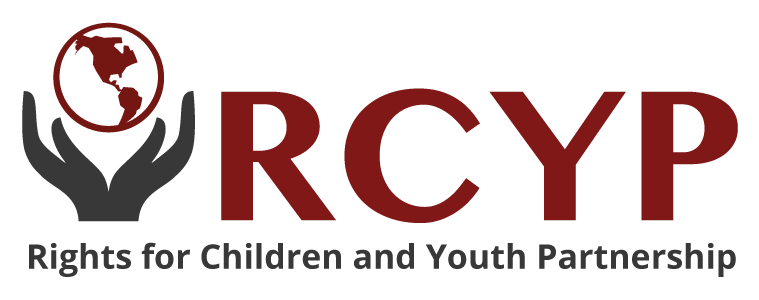- September 14, 2022
Black is not just a colour or shade but an identity. Growing up in a predominantly black country, I often wondered why my mother would tell my brother and me every morning before school that “Being Black is a blessing, and you are wonderfully made.” I thought this was strange because I lived in a country where so many people looked just like me. I didn’t understood why she needed to reassure us like that. However, even at what I considered to be a bougie Prep school, there was still a hierarchical and oppressive system. I could maybe understand if people were discriminated against based on class, but what I saw was discrimination based on skin colour and the various shades of Black.
I recall being slighted an award for athletics at our annual prize-giving ceremony, even though I had won the title of champion girl for sports for three consecutive years. Though this might seem trivial, it was unfair that the award was given to a lighter-skinned girl who could barely run a mile. On top of that, she “happened” to be financially well off. It’s not that I was unaware that my school was deeply rooted in what I call “favouritism in colorism,” but I assumed that my hard work, dedication, and accomplishments would have merited a trophy. Instead, the dark pigment of my skin was enough reason for me to be overlooked, and so I was frustrated. At that moment, I felt that you had to fight battles from all angles being black. This was the first and only time I felt like bleaching my skin because I wanted to be closer to what was considered the perfect look. I thought back to my mother’s words and wondered whether my skin colour was a blessing or a burden.
After immigrating to Canada, I thought I would have a fresh start and not have to think about issues of colourism. Multiculturalism was a dream I was sold. Canada was to be a place filled with endless possibilities, and the policies were implemented to protect you, which meant you would be better able to integrate into society. However, this was not the case in reality. I came to realize this through issues my aunt faced with the school system. She removed her son (my cousin) from school by only the end of his first semester and hired a tutor to teach him from home, which I found quite alarming. My cousin was what I considered to be a high achiever, very disciplined, and very introverted. I wondered what could have warranted removing him from school. How could he possibly have issues when he was a part of what the school considered the “gifted class”? When I asked him, my cousin told me that even though he was in the gifted class, it didn’t matter because the “system is rigged against people like us.” He said, “being black is the embodiment of tragedy” and that “we are always considered to be instigators”. It did not matter that he was defending himself against constant verbal and physical attacks, nor did it change the preconceived narratives synonymous with being Black. These inherent biases being projected towards us as a people made it difficult for me to encourage my cousin and reassure him with the words my mother used to comfort me. I was unable to tell him that things would get better because my experience tells me it will not get better.
Blackness has become a burden because of the weight we have to carry. The negative social constructs attached to our identity have imprisoned our consciousness, so naturally, we accept this labelled inferiority. During the short time I’ve spent with the RCYP team and their research, my stance on whether Blackness is a burden has only been solidified. I got to see first-hand accounts of the structural inequalities in the child welfare and educational systems and how it has marginalized people of colour. I am hoping that the information that has been gathered will be utilized well – well enough that my aspiration of seeing black people being held high will be realized, and I can finally feel proud because I am a blessing.
The views expressed in this blog post are those of the author and do not necessarily reflect those of the Rights for Children and Youth Partnership project, Toronto Metropolitan University, or our other partners.
 Author
Author
Shantal is a student at the Ontario Tech University, where she is completing her 4th-year undergraduate degree in Legal Studies (BA). For her field practicum, she worked for the Rights for Children and Youth Partnership as a Research Assistant. Post-graduation, Shantal aspires to participate in advocacy work and hopes to continue in policy design and implementation.
